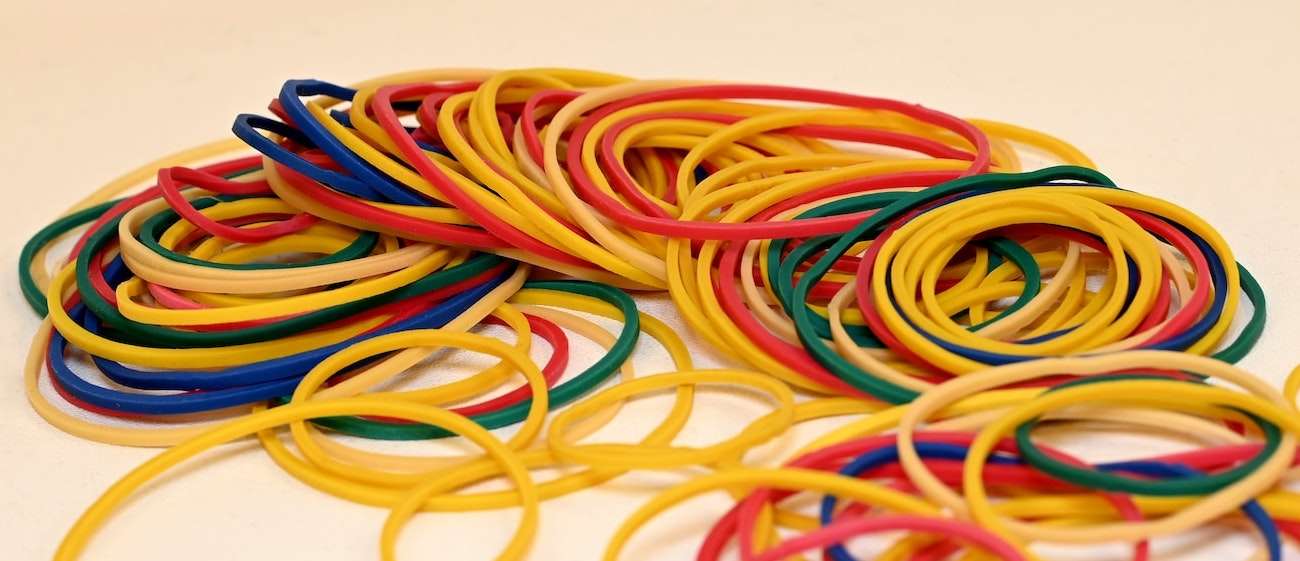
Work in progress
Let’s get the very un-shy elephant in the room out of the way. It’s a cliché – and a truly banal one at that – beloved of coaches and gurus everywhere. Life is a journey. Now we’ve established that this isn’t the first or last time we’ll hear this nugget of wisdom, let’s celebrate the concept at least.
For it is a truthful concept, and an effective one.
Quite early on in my work around direction and self-awareness, I realised that the questions Who am I? and Who do I want to be? can be too restrictive, and quite frankly too overwhelming, maybe even 3am terrifying for most of us. The more accurate and yes, more manageable phrasing is…
Where am I? Where do I want to go?
Our thinking is clearer along these lines, for joining the dots is how we humans make sense of the world. We interpret information and look for patterns to link moments and events, even if sometimes the validity of such connections can seem very subjective. We’re storytellers, and our lives, as with everything else, are stories. We are constantly in motion, do-ers rather than be-ers.
For someone bathed in Sartre and Camus, this was tough learning.
Framing life as a continuous thread, however twisty and turny, not only allows us to join the dots, but also to see progress when looking back. In essence, we’re waymarking. We’re charting the path cairn by cairn from our past to the current moment. Turning our gaze forward, it allows us to map out a way built on incremental, small step changes in place of precipitous, existential transformation.
This is taken up by those who advocate a journey mindset in focussing on the progressive growth of competence and behaviours rather than on achieving finite targets and goals. The behavioural scientists Szu-chi Huang and Jennifer Aaker demonstrated in their 2019 research that construing an achieved goal as a journey we have completed – compared with an alternative metaphor of having reached a destination – leads to a greater likelihood of us continuing behaviours aligned with this goal.
This journey metaphor may help us think more about the actions we took along the way, where we started out, and all the ups and downs on the path. We associate this with a feeling of growth, and also the view that the actions we took were instrumental in this growth – and should therefore be continued. In contrast, the destination metaphor does not build such connections, focused as it is purely on the success of goal attainment. As all elite sportspeople and artists know, competence is never a finite process – we can always get better.
This echoes Robin Sharma’s constant refrain of focussing on the here and now of the path, on living fully along the way rather than on concentrating on the destination. I’ve always liked the sense of immersion and involvement we have in Spanish with en camino. Not ‘on the way’ or ‘underway’ but IN the way…
As such, there’s no finite point in our development, nor in our journeys. We are always works in progress.
So when we think of our lives and ourselves and our way forward, let’s add a journey mindset to our evolving mindset collection – growth, outward, development, and all the others…
And, sacrilegiously perhaps, let’s reposition the Talking Heads song as We’re on in a road to nowhere somewhere…
Julian
I help people lead their own way forward




Leave a Reply